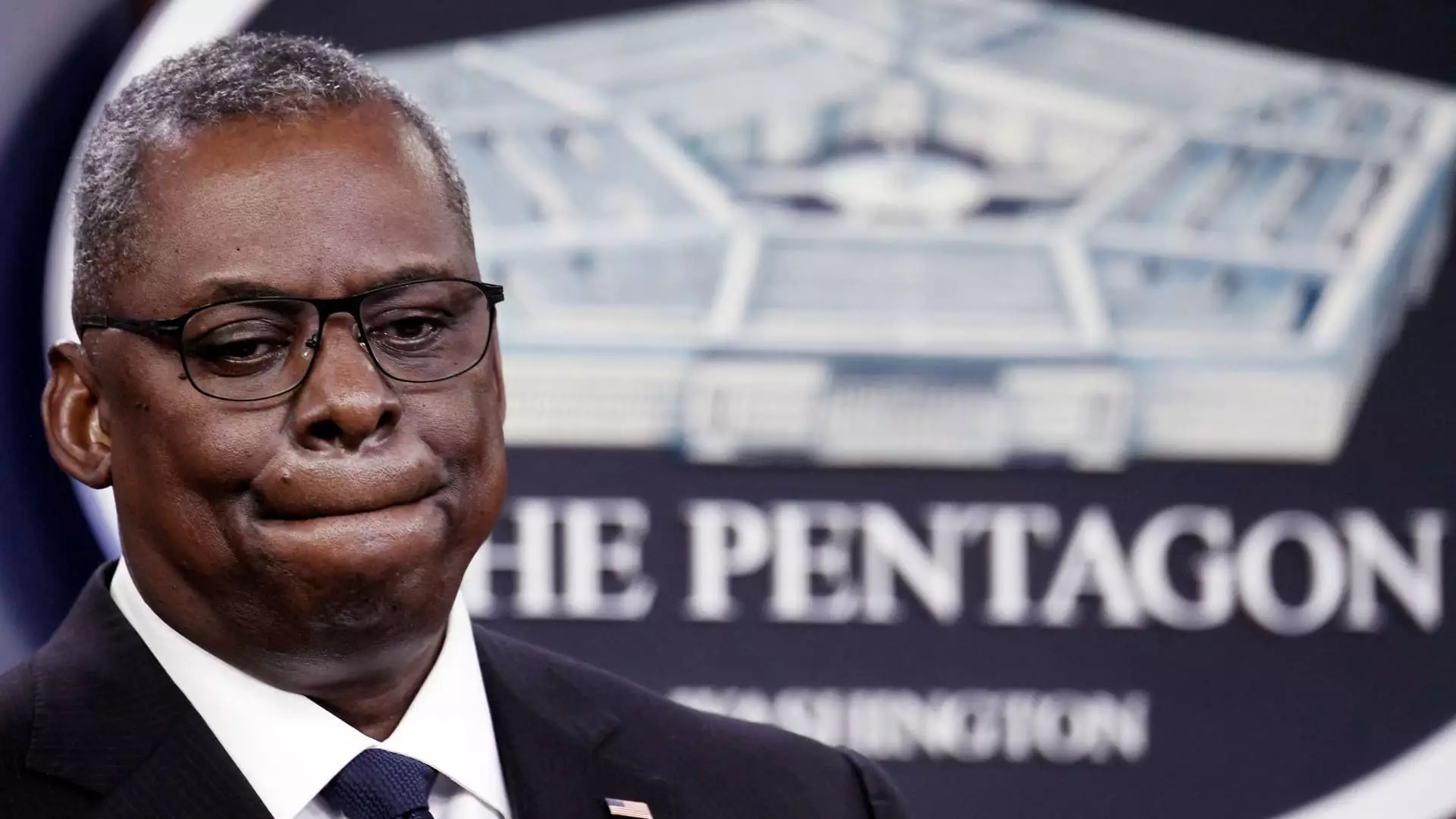The Defense Department’s inspector general has launched a formal investigation into Defense Secretary Lloyd Austin’s failure to notify the White House and Congress of his emergency hospitalization. This investigation aims to assess whether the Department of Defense’s policies and procedures are sufficient to ensure proper communication when senior leadership is unavailable for medical or other reasons. This incident raises concerns about the transparency of information within the government, and the potential consequences of such lapses in communication.
For at least three days, Secretary Austin failed to inform President Joe Biden and Congress about his admission to the intensive care unit following complications from prostate cancer surgery. This omission of crucial information disregarded the need for transparency and open communication in leadership positions. Austin transferred certain operational responsibilities to his second-in-command during this period. However, he neglected to inform his deputy, who was in Puerto Rico, about the transfer of authority. When it comes to the functioning of a government, clear channels of communication are essential, and this incident highlights the potential vulnerabilities that arise when such channels break down.
Recognizing his missteps, Secretary Austin conceded that he could have done a better job in ensuring the public was appropriately informed. Acknowledging his personal responsibility in the matter is commendable, as it demonstrates a willingness to learn from mistakes. However, the seriousness of the situation raises questions about the efficiency of the information flow within the Department of Defense.
Lawmakers in both the House and the Senate have started their own inquiries into the incident. Their focus is specifically on obtaining details regarding the transfer of Austin’s duties to his deputy. Additionally, President Biden’s Chief of Staff, Jeff Zients, has informed the cabinet of a review of the processes surrounding the transfer of authority. These inquiries indicate a recognition of the significance of transparent communication in a government and the need to address any weaknesses in the existing protocols.
The lack of transparency regarding Secretary Austin’s medical emergency sent shockwaves through Washington. The National Security Council and President Biden only became aware of his hospital stay after several days. Furthermore, they were not informed about his cancer diagnosis or the reason for his hospitalization until another week had passed. Such limited disclosure raises concerns about the accountability and openness of the government’s highest-ranking officials. In a democracy, transparency in leadership is crucial for maintaining public trust.
The lack of transparent communication coincided with a particularly sensitive period in international affairs. The U.S. was considering whether to launch air strikes to deter further Houthi attacks on commercial ships in the Red Sea, and a deadly drone strike had been conducted in Baghdad against an Iranian-backed militia leader. Secretary Austin’s personal medical emergency could have impacted the decision-making process during this critical time. This raises valid concerns about the potential consequences of insufficient communication within the government and its impact on national security.
Several lawmakers have publicly called for Secretary Austin’s resignation following this incident. These demands reflect a loss of confidence in his ability to effectively carry out his duties due to the lack of transparency displayed. However, the Pentagon and the White House have reiterated their support for Austin and stated that he will not be stepping down. This response underscores the challenges faced in balancing accountability and organizational stability in times of crisis.
This incident serves as a reminder of the critical importance of transparent communication within a government. Effective communication builds trust, facilitates decision-making processes, and ensures accountability. While Secretary Austin has taken responsibility for his actions, it is necessary to evaluate and improve existing policies and procedures to prevent similar breakdowns in the future. Heightened transparency and clear lines of communication are essential to maintaining the integrity of the government and upholding the public’s trust.

Leave a Reply